
OR
Awareness about special needs education low in Nepal: Prof Jung
Published On: February 16, 2017 12:00 AM NPT By: Republica | @RepublicaNepal
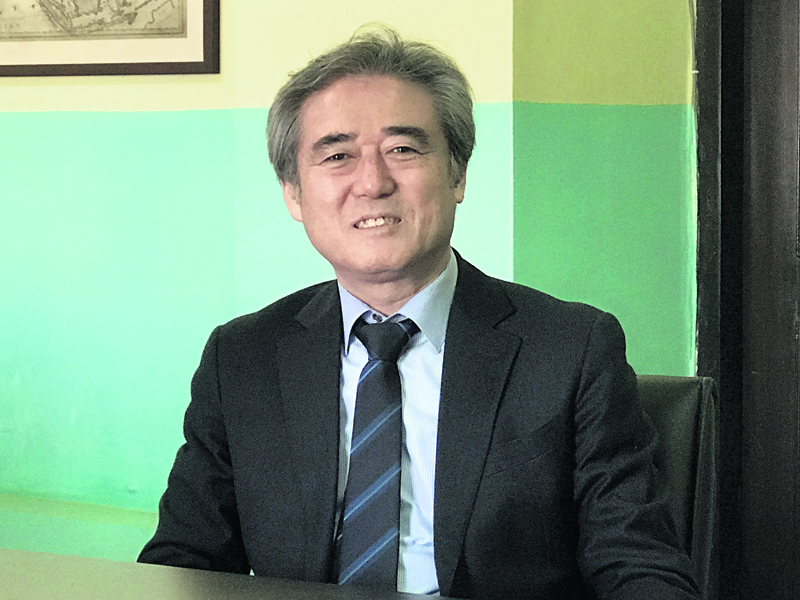
A Professor of special education at Department of Special Education at Changwon National University (CWNU) in Changwon, South Korea, Jung Dae Young, PhD. has many feathers in his cap. He is dean of Educare Teachers School, Director of Leading University Project for International Cooperation and President of the Korean Society of Special Education. Prof Jung took personal initiative to launch the Special Needs Education Department at Tribhuvan University, persuading successfully the National Research Foundation in Korea to extend financial support. Prof. Jung, who has also established a foundation to provide scholarship to students with special needs, is currently in Kathmandu as a part of overseeing the progress of his works. He spoke to Republica in Kathmandu on Monday. Excerpts:
Republica: What is the purpose of your visit to Kathmandu this time?
Prof Jung: We are helping to start Master's course on Special Needs Education at Central Campus of Tribhuvan University, and Bachelor Course at Sanothimi Campus. I am in charge of the four-year project that began in 2014. I am here to assess the progress made in the implementation of the project. I visit Nepal from time to time to see the progress made in the project. The purpose of my visit this time is also to extend support to the Ministry of Education (MoE) to draw up a master plan for Special Needs Education and to hold discussion with TU officials to make an effective management system of Special Needs Education.
Republica: Can you explain further about the project?
Prof Jung: Our project was about establishing the Special Education Department at Tribhuvan University. We launched our program at Sanothimi Campus for B Ed program and Master's Program in Kirtipur. We are not only providing education, but are also trying to collaborate and integrate with the schools that provide education to students with special needs education in Nepal. We are also providing a short-term training to human resources in order to provide education to such students.
Republica: How many students are enrolled in TU and Sanothimi Campuses?
Prof Jung: In the master's course, the first batch has a total of 13 students, while there are five students in the second batch. Although there were more students enrolled in the beginning, some students dropped out of the course. Currently, there are eighteen students studying in the master's course, and there are 18 students in the bachelor level.
Republica: What kind of training are you imparting to those students?
Prof Jung: Usually, we provide regular curricula to our students. Nepali instructors teach them on the basis of these curricula. We also provide short-term training to teachers working at special schools. We utilize the materials developed in Korea and other countries. We bring those learning materials to Nepal, and provide them to Nepali instructors and equip them to teach such students through advanced materials.
Republica: Are you satisfied with the project implementation?
Republica: When it comes to infrastructure for special needs education, it is very weak in Nepal. We supported TU to develop the infrastructures needed for special needs education. There is very weak awareness among people about the needs of special education. We are struggling to raise awareness among Nepali people about this. The biggest problem for us now is the reduced number of enrolled students. We had a total 18 students in the first batch of master's program. This year we have just five students in the master's program.
Republica: The project is ending in 2018. Is there any plan for further extension?
Prof Jung: It was not that easy to establish new department on special needs education in Nepal. The awareness about the needs of disabled people was very low. So it was not that easy to start the process and make the progress we have achieved now. Although the number of students enrolled in the program is coming down, we are trying to persuade National Research Foundation to continue this project even after 2018. Our ambassador in Nepal is also helping to promote this project. Also, KOICA country director promised to send some volunteers like physiotherapists to our school in Sanothimi. These kinds of support may help to extend our projects.
Republica: Are you also involved in other activities to help physically challenged students in Nepal?
Prof Jung: Yes, I have established a foundation myself to help such students in Nepal. We have started providing scholarship to 20 such students each year. We also provide stationeries and musical instruments to them. Above all, we are also helping the association of the principals of special schools. There are about a dozen such schools in the Kathmandu Valley. Through this association, we are providing them training and other support to the special or inclusive schools in Kathmandu Valley. We have also provided fund for three model schools. These schools can develop their programs to help the disabled students.
There are two visually impaired students enrolled in our master's course. While one is completely blind, another has poor eyesight. They are studying very hard. Maybe we can expect them to go to Korea after their studies. We are providing various educational resources. If they are successful, other people with physical disabilities may be motivated to follow suit.
Republica: What support do you expect from the government?
Prof. Jung: The Ministry of Education (MoE) in Nepal is well-informed about our project. In fact, they have assisted our project very much. For instance, we are providing short-term trainings to teachers working in both general schools and special needs schools. The MoE assisted us by selecting the teachers and sending them to our programs in South Korea. In my understanding, it is very important to ensure human rights of those disabled people. But in Nepal, I think the policy, regulations and laws have not properly ensured to safeguard the rights of these people. So, we are currently helping Nepal to develop special master for plan for the education of the people with special needs.
You May Like This
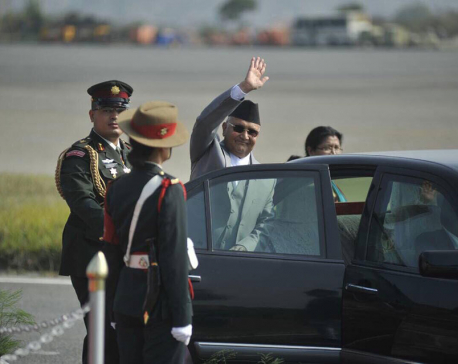
What Nepal needs is India's friendship and support for growth: Nepal PM Oli
In an exclusive interview to The Hindu, Mr. Oli says the bitterness of past relations have been put behind them,... Read More...

Norway minister says his country willing to partner with Nepal in education
Charikot, Mar 8: Minister of International Development of Norway, Nikolai Astrup, has said that Norway government wanted to partner with... Read More...

State-Minister for Education Adhikari bats for education reform
CHITWAN, Sept 27: State-Minister for Education, Sheshnath Adhikari, has given a clarion call to the concerned authorities to bring about... Read More...
Just In
- KMC to organize a month-long skill fair from May 1
- Birgunj Metropolis collects over Rs 360 million in revenue
- NEPSE plunges below 2,000 points after one and a half months; daily turnover declines to Rs 2.10 billion
- AI Index Report-2024: AI still behind humans on complex tasks like competition-level mathematics
- Daiji-Jogbudha road construction at snail’s pace
- Govt fails to adopt podway technology despite its potential in Nepal
- Jhulaghat border crossing in Baitadi to remain closed from this evening
- Universities will be free from partisan interests: Education Minister










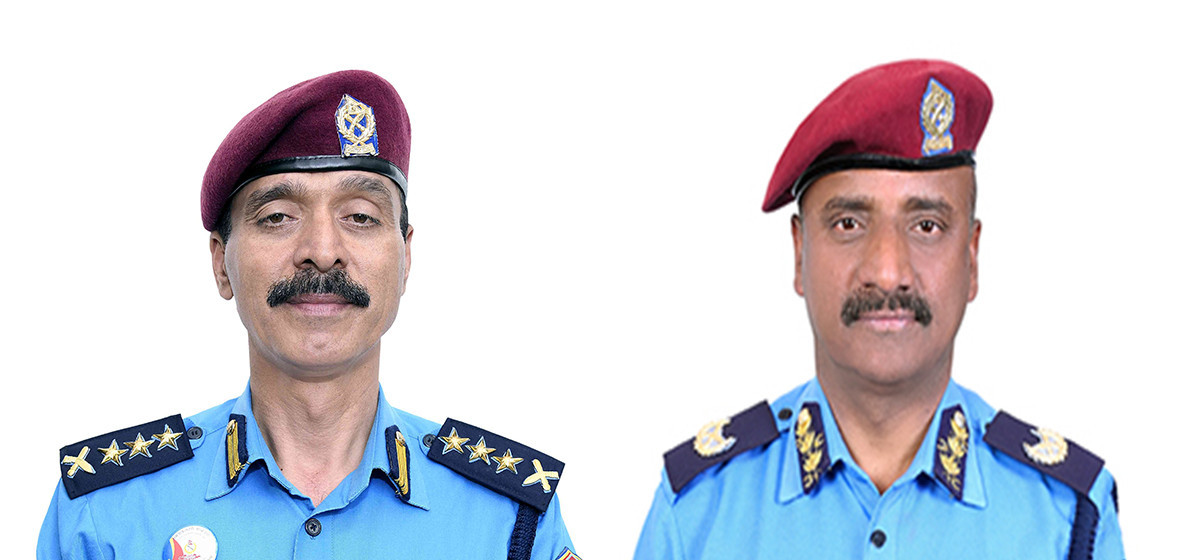

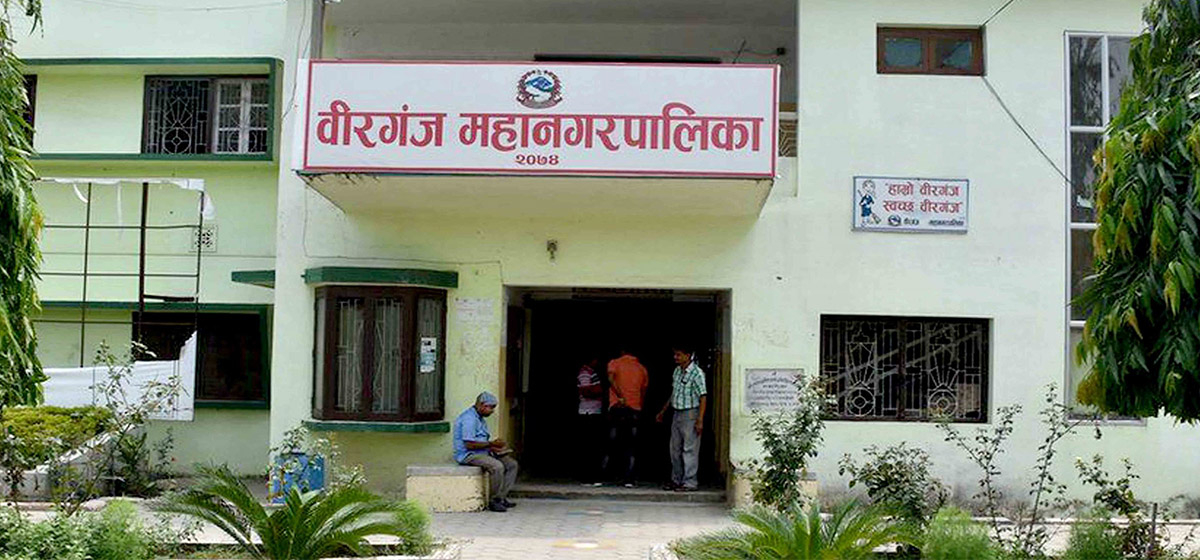


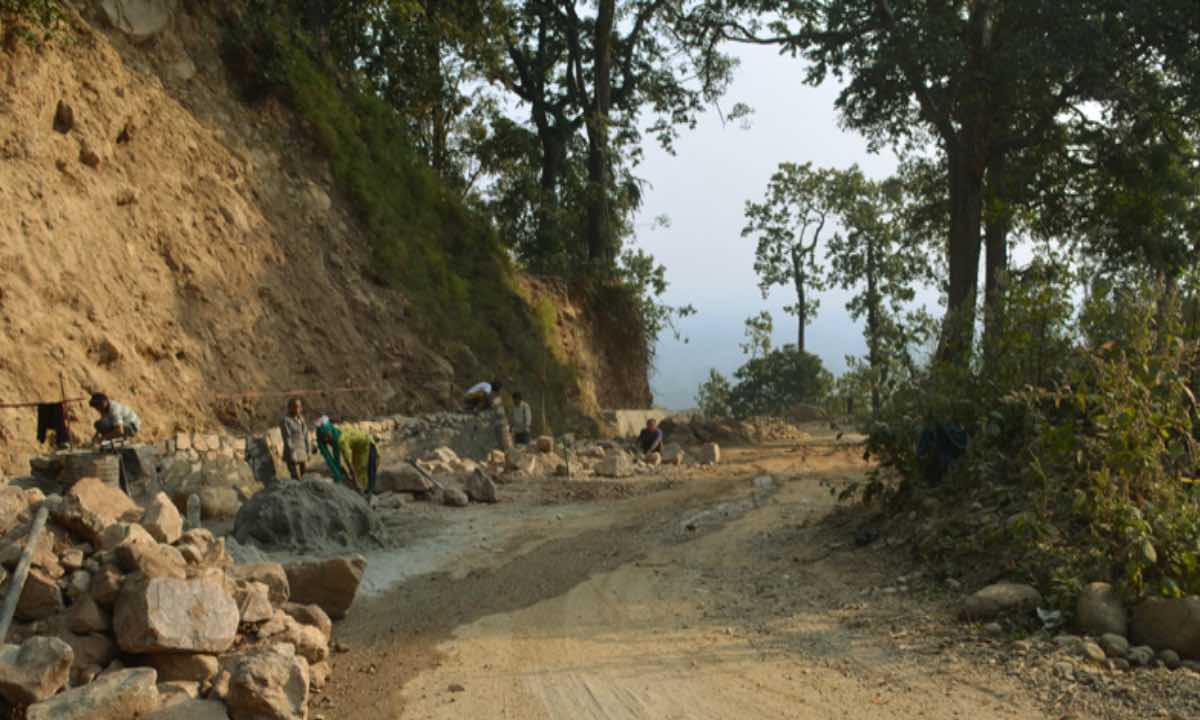
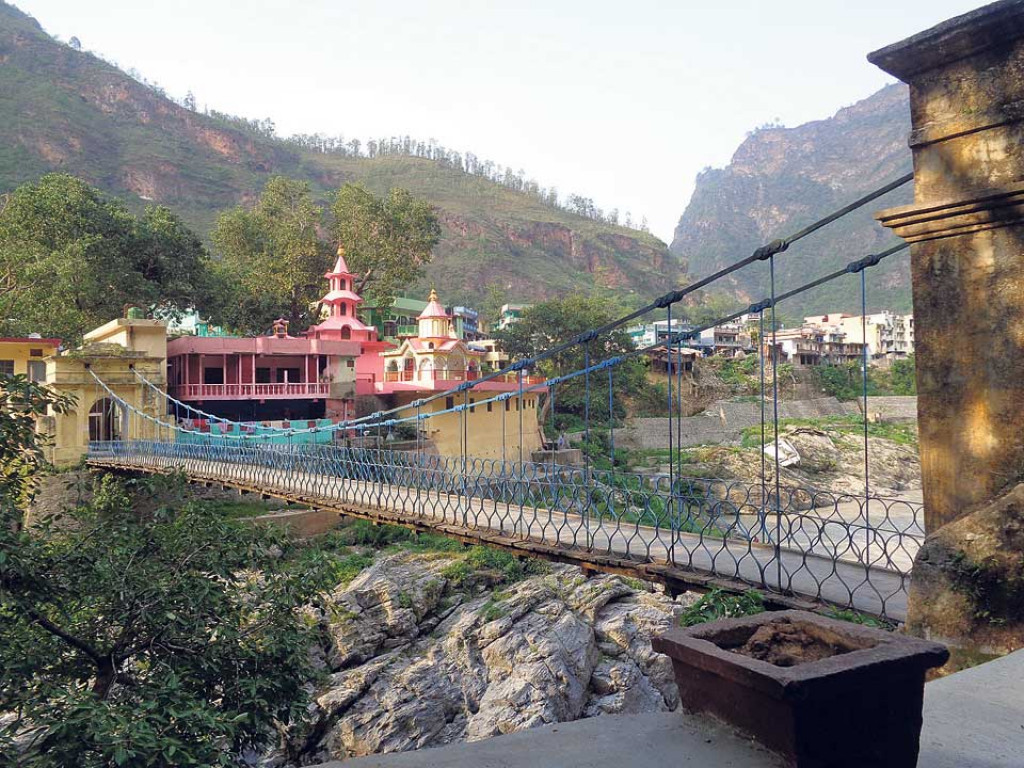
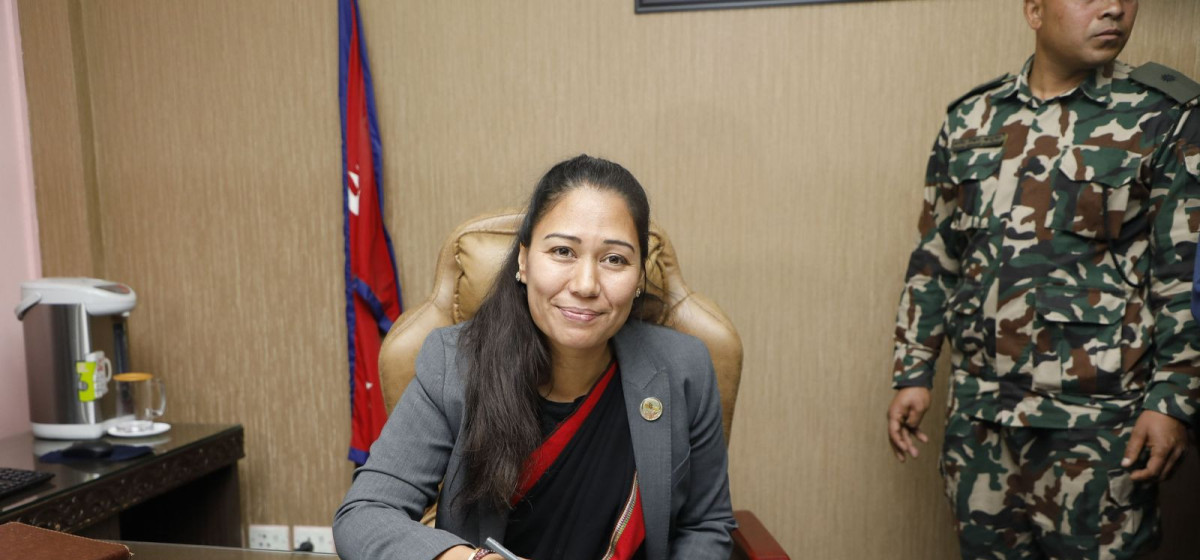
Leave A Comment